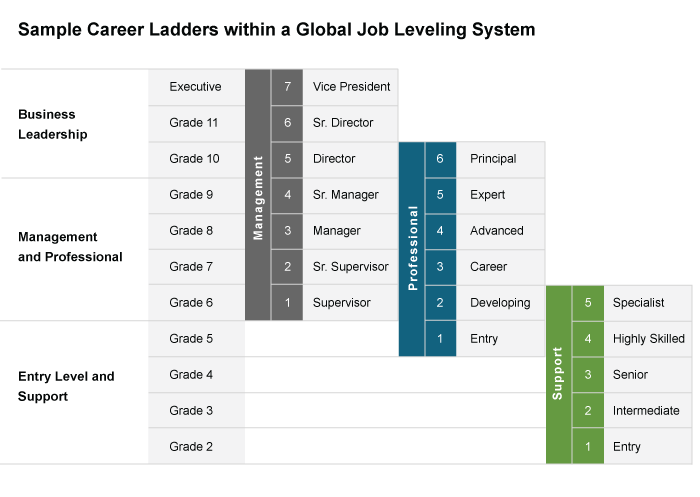@scottalanmiller The enterprise is way more diverse.
I don't know Scott, I think being in the enterprise means everyone is just a guy who is an expert at 1 skill or app and would be helpless if dropped in a SMB. It's SOOO NARROW and soooo focused!
Lets look at the life of a dedicated "VDI architect in the enterprise and at how "Narrow" his job is.
- Profile virtualization and layering solutions.
- Storage (block for image management, and NAS for profiles or app layers)
- WAN optimization. Nothing breaks ICX, or PCoIP like an incorrectly applied DSCP TAG!
- TFTP/DHCP as you need to make sure those Zero clients pull down their image!
- Syslog, and some sort of log analytics platform (LogInsight, Splunk etc) as you'll be needing this to troubleshoot your platform.
- A hypervisor (and generally to a bizarre level as you'll be invoking features that the server guys don't use, and you'll be hitting the corner cases of scale for things like VMFS when running 200 desktops on a host, or vGPU pass thru).
- Applications. To deploy non-persistent VDI you'll need to know how to use visualized registries, application packaging (ThinApp, App-V, AppVolumes) and dark corners of the registry sometimes.
- Customer service! because if you don't know how people are using stuff and be talking to the users problems will brew...
- How to build training guides as you need to build training materials for your operate trainers to push out.
- Need to be familiar possible with MDM solutions to cover corner cases where VDI doesn't work as well as how to automate thi
- Networking. Proper VDI clusters tons of VLAN's and can often invoke some more obscure things like PVLAN's and DMZ's.
- Security. Get ready to learn NSX microsegmentation and automation. You'll need to learn vRNI or some kind of netflow analyzer to figure out what your ACL's need to look like. Also get ready to learn F5 or NetScaler to do your load balancing and edge inspection. Even if your not the guy managing the firewall rules expect to have to learn it anyways for when your edge security team forgets to open UDP for PCoIP, you'll need to know how to test and verify that the ports are open.
- DNS. Because NOTHING will work without this. Bonus points for learning GSLB deployments with this so you can do automated VDI failover to the DR site.
- Antivirus. Since normal regular agent based deployments will break a host, get ready to learn hypervisor based inspection tools and deployments.
Now it's true that some of these would be handled by other teams, but if you don't know how to explain your ask of those teams (or don't have 100% Competent people in those teams) get ready for your VDI deployment to get stuck for 6 months in ITIL change control hell.
BTW, I'm only joking. In some shops the VDI guys can often wear other hats too.

